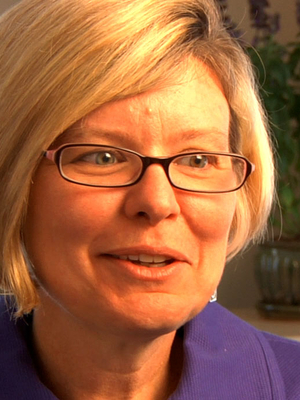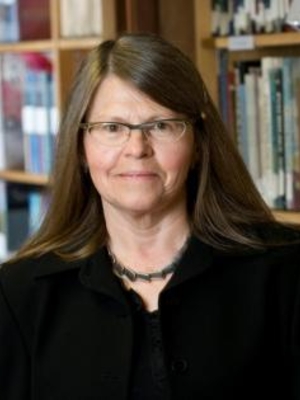Discrimination and Poverty
Leaders: Shelley Correll, David Pedulla, Cecilia Ridgeway
The Poverty and Discrimination RG is charged with developing a regularized protocol for measuring the amount and extent of discrimination in labor and housing markets. It is increasingly clear that labor market discrimination, far from withering away, remains very prominent for many statuses and in many types of markets. However, because this research tradition is based on “one-off” audit studies and laboratory experiments, it is not possible to compare across studies and assess which types of discrimination are the most important or the most resistant to change. There is accordingly a need to build a standardized protocol for monitoring trends in discrimination across the various types of discrimination in play (e.g., poverty status, employment status, homelessness, economic background, race, ethnicity, sexual orientation, incarceration status, citizenship, religion, disability). The twofold objective of this protocol is to make it possible to assess which types of discrimination are especially prominent and which types are growing weaker or stronger over time.
CPI Collaborators
 |
Shelley Correll |
Discrimination Research Group Leader, Barbara D. Finberg Director of Michelle R. Clayman Institute for Research on Gender, Professor of Sociology |
Stanford University |
 |
John J. Donohue III |
C. Wendell and Edith M. Carlsmith Professor of Law |
Stanford University |
 |
Steven N. Durlauf |
Steans Professor of Educational Policy |
University of Chicago |
 |
Paula England |
Silver Professor of Sociology |
New York University |
 |
Susan Fiske |
Eugene Higgins Professor of Psychology; Professor of Public Affairs, Woodrow Wilson School of Public and International Affairs |
Princeton University |



